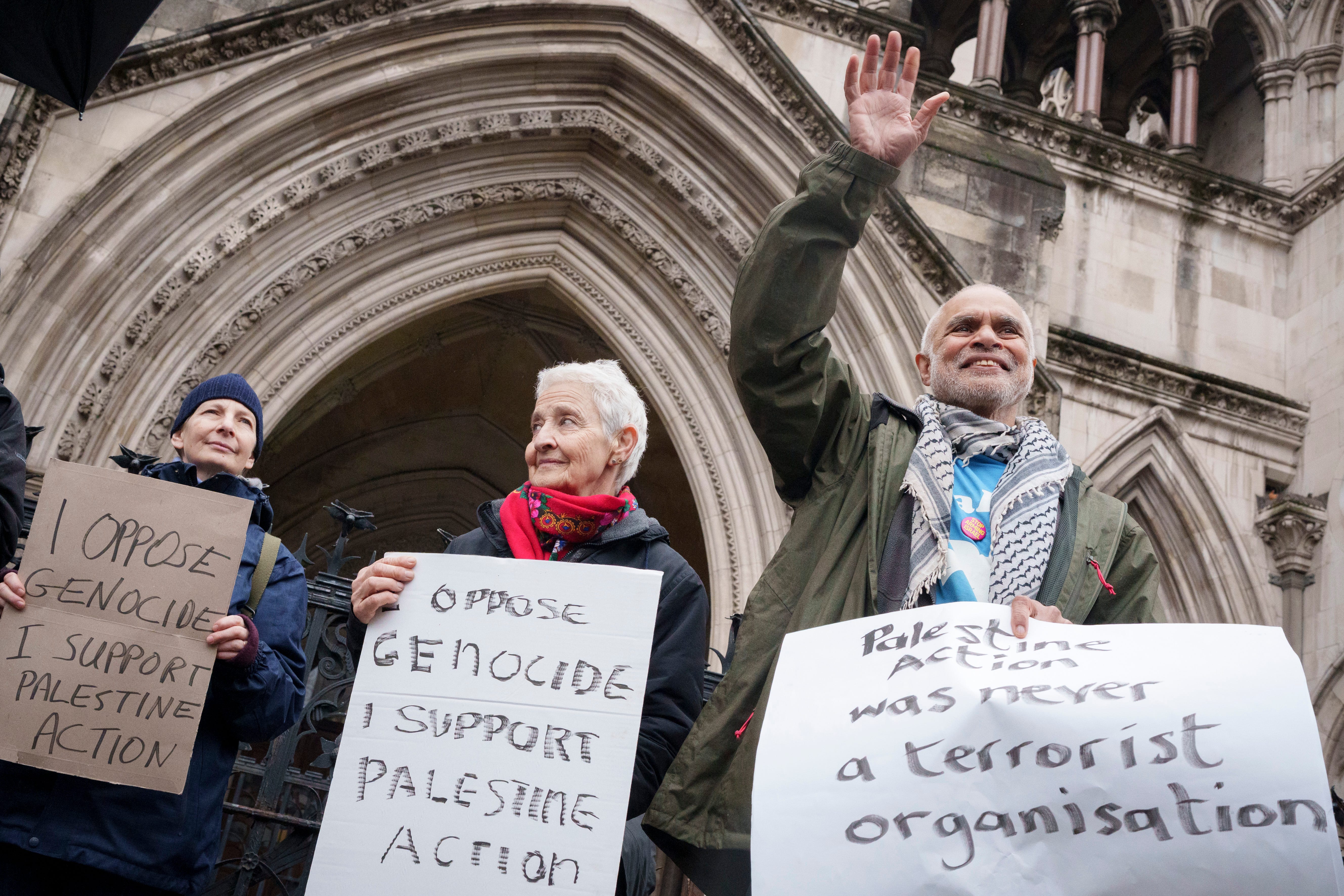 "During war there are no civilians," that’s what “Yossi,” an Israeli military (IDF) training unit leader simply stated during a round of questioning on day two of the Rachel Corrie trials, held in Haifa’s District Court earlier this week. “When you write a [protocol] manual, that manual is for war,” he added.
"During war there are no civilians," that’s what “Yossi,” an Israeli military (IDF) training unit leader simply stated during a round of questioning on day two of the Rachel Corrie trials, held in Haifa’s District Court earlier this week. “When you write a [protocol] manual, that manual is for war,” he added.
For the human rights activists and friends and family of Rachel Corrie sitting in the courtroom, this open admission of an Israeli policy of indiscrimination towards civilians -- Palestinian or foreign -- created an audible gasp.
Yet, put into context, this policy comes as no surprise. The Israeli military’s track record of insouciance towards the killings of Palestinians, from the 1948 massacre of Deir Yassin in Jerusalem to the 2008-2009 attacks on Gaza that killed upwards of 1400 men, women and children, has illustrated that not only is this an entrenched operational framework but rarely has it been challenged until recently.
Rachel Corrie, the young American peace activist from Olympia, Washington, was crushed to death by a Caterpillar D9-R bulldozer, as she and other members of the nonviolent International Solidarity Movement attempted to protect a Palestinian home from imminent demolition on March 16, 2003 in Rafah, Gaza Strip. Corrie has since become a symbol of Palestinian solidarity as her family continues to fight for justice in her name.
Her parents, Cindy and Craig Corrie, filed a civil lawsuit against the State of Israel for Rachel’s unlawful killing -- what they allege was an intentional act -- and this round of testimonies called by the State’s defense team follows the Corries’ witness testimonies last March. The Corries’ lawsuit charges the State with recklessness and a failure to take appropriate measures to protect human life, actions that violate both Israeli and international laws.





 Dozens of Palestinians have been injured as Israeli settlers carried out a wave of attacks across...
Dozens of Palestinians have been injured as Israeli settlers carried out a wave of attacks across... A US federal judge’s order that some of the Venezuelan men sent by the Trump administration...
A US federal judge’s order that some of the Venezuelan men sent by the Trump administration... US homeland security secretary, Kristi Noem, announced the end of temporary protected status (TPS) for Yemen...
US homeland security secretary, Kristi Noem, announced the end of temporary protected status (TPS) for Yemen... Israeli fire kills one and wounds several in Gaza: One Palestinian was killed and at least...
Israeli fire kills one and wounds several in Gaza: One Palestinian was killed and at least...






























